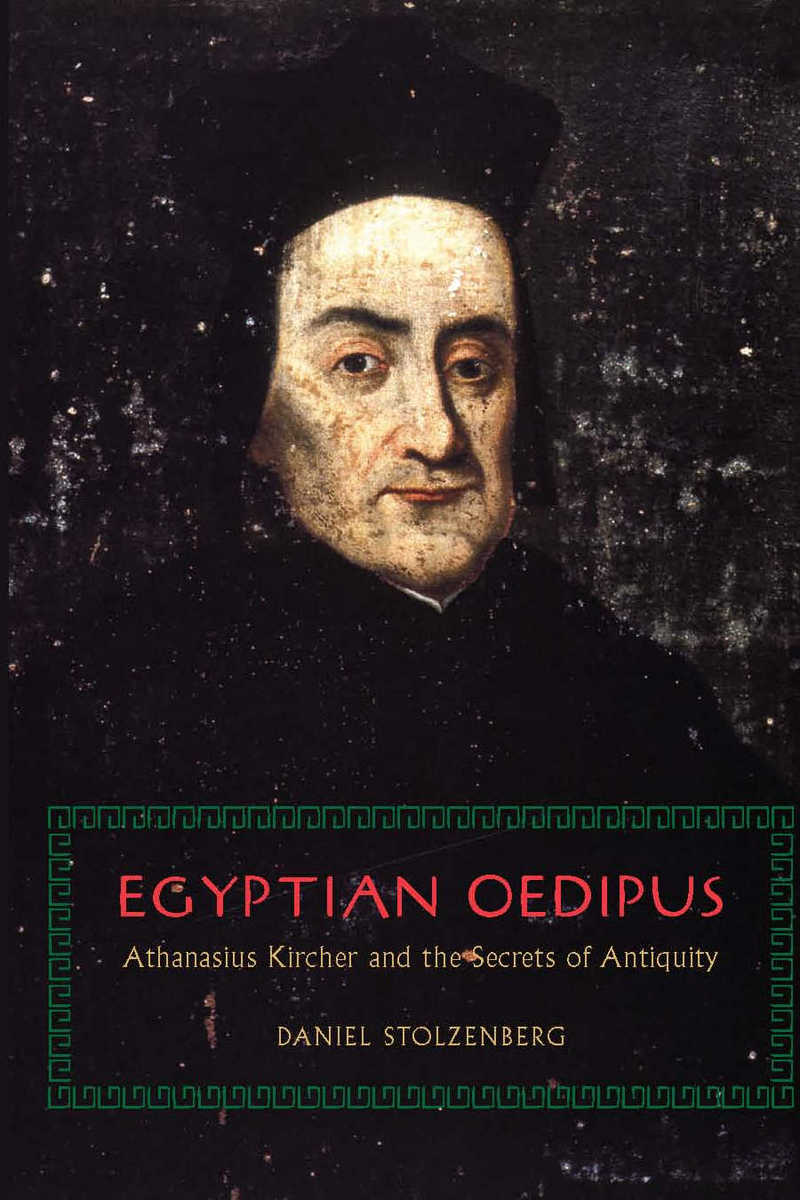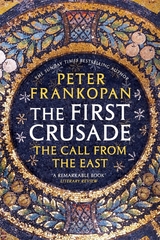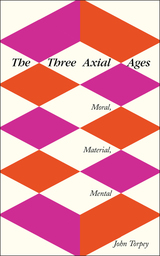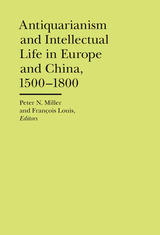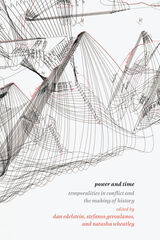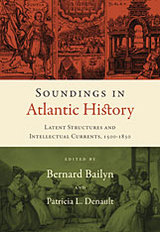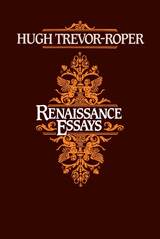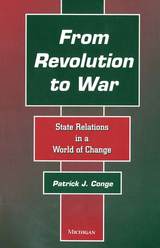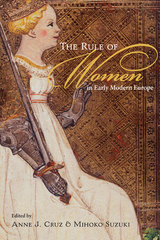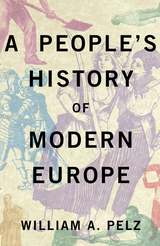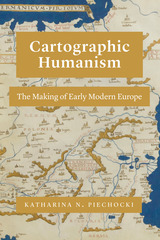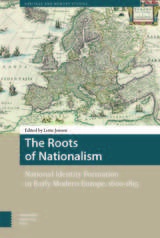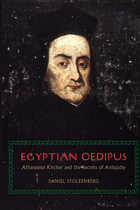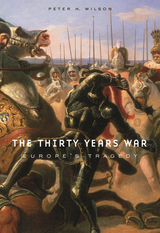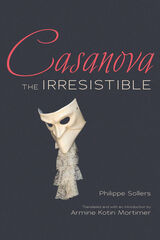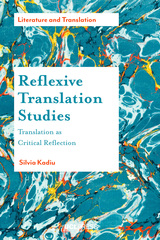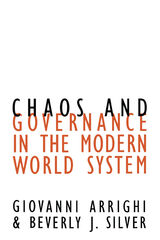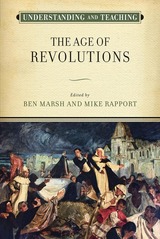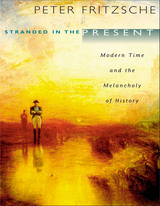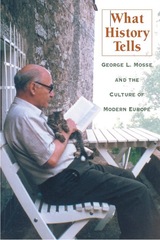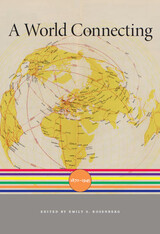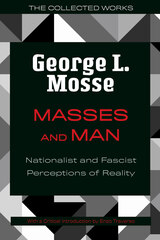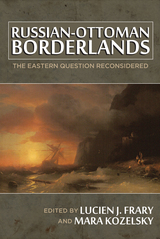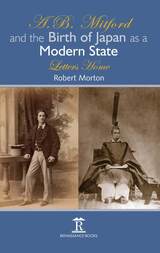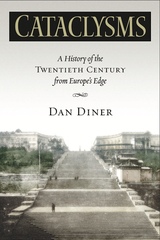Egyptian Oedipus: Athanasius Kircher and the Secrets of Antiquity
University of Chicago Press, 2013
eISBN: 978-0-226-92415-1 | Paper: 978-0-226-27327-3 | Cloth: 978-0-226-92414-4
Library of Congress Classification D247.S76 2013
Dewey Decimal Classification 493.1092
eISBN: 978-0-226-92415-1 | Paper: 978-0-226-27327-3 | Cloth: 978-0-226-92414-4
Library of Congress Classification D247.S76 2013
Dewey Decimal Classification 493.1092
ABOUT THIS BOOK | AUTHOR BIOGRAPHY | REVIEWS | TOC | REQUEST ACCESSIBLE FILE
ABOUT THIS BOOK
A contemporary of Descartes and Newton, Athanasius Kircher, S. J. (1601/2–80), was one of Europe’s most inventive and versatile scholars in the baroque era. He published more than thirty works in fields as diverse as astronomy, magnetism, cryptology, numerology, geology, and music. But Kircher is most famous—or infamous—for his quixotic attempt to decipher the Egyptian hieroglyphs and reconstruct the ancient traditions they encoded. In 1655, after more than two decades of toil, Kircher published his solution to the hieroglyphs, Oedipus Aegyptiacus, a work that has been called “one of the most learned monstrosities of all times.” Here Daniel Stolzenberg presents a new interpretation of Kircher’s hieroglyphic studies, placing them in the context of seventeenth-century scholarship on paganism and Oriental languages.
Situating Kircher in the social world of baroque Rome, with its scholars, artists, patrons, and censors, Stolzenberg shows how Kircher’s study of ancient paganism depended on the circulation of texts, artifacts, and people between Christian and Islamic civilizations. Along with other participants in the rise of Oriental studies, Kircher aimed to revolutionize the study of the past by mastering Near Eastern languages and recovering ancient manuscripts hidden away in the legendary libraries of Cairo and Damascus. The spectacular flaws of his scholarship have fostered an image of Kircher as an eccentric anachronism, a throwback to the Renaissance hermetic tradition. Stolzenberg argues against this view, showing how Kircher embodied essential tensions of a pivotal phase in European intellectual history, when pre-Enlightenment scholars pioneered modern empirical methods of studying the past while still working within traditional frameworks, such as biblical history and beliefs about magic and esoteric wisdom.
See other books on: Antiquity | Egyptology | Occultism | Orientalism | Secrets
See other titles from University of Chicago Press
